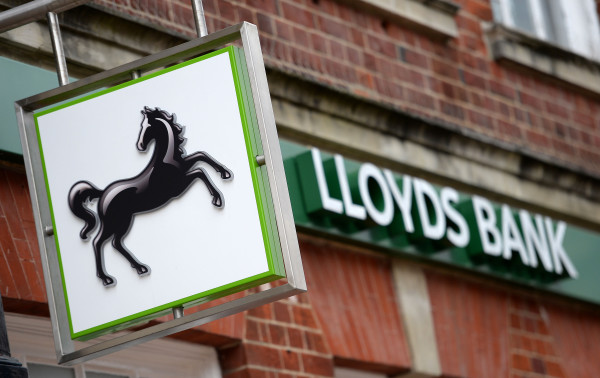

Lloyds Banking Group has set aside an extra £1bn to cover the costs of mis-sold payment protection insurance.
In July this year, Lloyds Banking Group announced plans to cut 3,000 jobs and 200 branches despite reporting pre-tax profits had doubled.
The results at that time were helped by a reduction in the provision set aside to deal with payment protection insurance complaints.
In its third quarter interim management statement published today (26 October) the bank reported underlying profit of £6.1bn, against 2014's figure of £6.4bn, representing a fall of £0.3bn.
However, the group has posted statutory profit before tax of £3.3bn, which is over 50 per cent higher than in 2015.
The group's total income rose by 1 per cent to £4.27bn, compared with last year's figure of £4.23bn.
Additionally, the underlying return on required equity stood at 13.6 per cent.
Earlier this month, Ian Gorham, chief executive of Hargreaves Lansdown, wrote to prime minister Theresa May about the upcoming sale of Lloyds Bank shares, telling her the share sale plan was "disgraceful and patronising".
HM Treasury had before stated it would restart the process of selling its 9.1 per cent stake in Lloyds "in the coming days".
António Horta-Osório, group chief executive said: "The group's transformation and successful execution of strategy, along with its competitive advantages in costs and risk, also position us well for the future and to achieve our goal of becoming the best bank for customers and shareholders."
Laith Khalaf, senior analyst at Hargreaves Lansdown said: "The bank continues to be profitable, and while Brexit has taken a bit of a shine off the bank’s prospects in the latter half of 2016, it looks like the bank is still going to be able to reward investors with a decent dividend at the end of the year.
"The spectre of PPI has raised its ugly head again, costing the bank £1bn in the third quarter, thanks to the FCA’s deadline on customer claims being set a year later than expected."
He added, however, the fall in bond yields has taken a toll on the Lloyds pension scheme, which has swung from having a surplus to being in deficit.
"Thanks to the slightly absurd way pension liabilities are calculated, and bond yields being so volatile, defined benefit pension schemes currently represent a real headache for UK companies."



